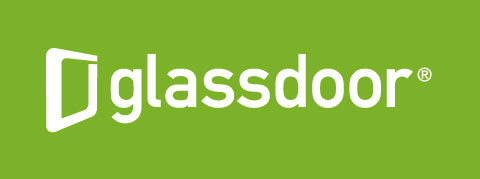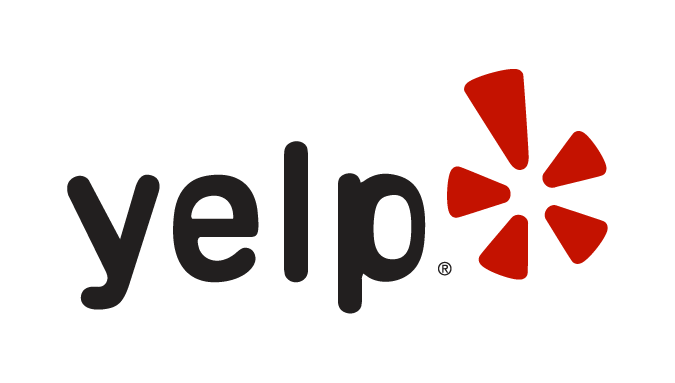
How to Measure Reputation
Measurement in the world of public relations has always been an ethereal concept. Putting a value on media coverage or

Measurement in the world of public relations has always been an ethereal concept. Putting a value on media coverage or

While researching my book about online reputation issues, I was fortunate to speak with executives from several of the top online

As I read more business books and meet more authors, I find it interesting that many have started out writing
Travel website TripAdvisor aspires to be a complete online travel resource, offering the ability to research destinations, compare prices on accommodations

Founded in 2004, the online review site, Yelp, often confounds business owners. It is, without question, one of the dominant

Late last year, I met author and customer experience sage Brian Solis. My blog post about my conversation with him,

I wrote a post about my efforts to write a book, my take on the publishing industry, and my desire

If marketing whiz Jeff Hayzlett ruled the world, one of the first orders of business would be to outlaw the

A few weeks back, I interviewed David Meerman Scott about his book, The New Rules of Marketing & PR, and

We all have emotional connections to brands, whether we care to admit it or not. If you always buy a
At David PR Group, we’re more than just a PR firm; we’re a partner in your success. Let’s start with a project and grow from there.